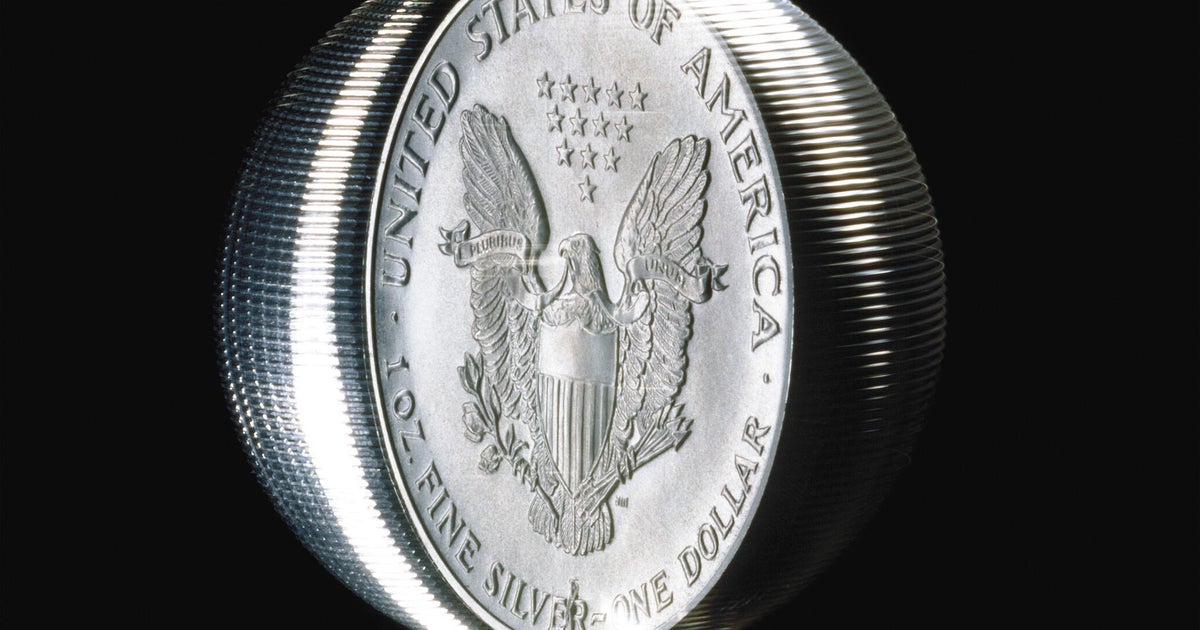Short-term or long-term CD? Here's what experts think
While prolonged inflation has hit many Americans' wallets hard, those who can find ways to save have an opportunity to earn extra money in this environment. With the Federal Reserve tightening monetary policy to fight inflation, many banks and other financial institutions have increased the rates they pay to customers.
One way to take advantage of these higher rates is to put money in a certificate of deposit (CD) account. These accounts typically pay a fixed interest rate for a set period, such as a short-term period of a few months or a long-term period of a few years.
"Short-term CDs are those which generally have a maturity of one year or less, and long-term CDs generally have maturities greater than one year. With interest rates more attractive than they have been on savings and liquid accounts, CDs have become good considerations in many financial decisions," says Holley Cary, a CFP and VP, senior financial planner at First Horizon Advisors.
But are you better off choosing a short-term CD or a long-term CD? The answer depends on factors like your cash flow needs and risk tolerance. Both have pros and cons, as we'll examine below. Start by exploring your CD options here to see how much more interest you could be earning.
When short-term CDs could be better
In many cases, choosing CD terms is a matter of figuring out when you need the principal returned to you.
One reason to "use a short-term CD is to hold an amount being targeted for a specific goal that will be implemented within the year—a new car purchase, vacation expense, a large maintenance or repair item, or other major purchase with a target date," says Cary.
You also might choose short-term CDs based on available interest rates. Oftentimes, longer-duration CDs pay higher interest rates than short-term ones, but in the current environment, short-term CDs often have higher yields.
So, you might use a short-term CD to maximize your interest in the near term. When it matures, you can then see what to do with your principal, based on the interest rate environment at that time. If inflation remains high and the Fed ends up raising rates more, then you might be able to earn more interest.
"A smart time to use a short-term CD is when you feel interest rates will be higher soon, so you can reinvest the CD at a higher rate when it matures rather than locking in a long-term low-rate CD," says Christopher Manske, CFP, president and founder at Manske Wealth Management.
Or, if you're just feeling uneasy about locking money away in a CD, a short-term one could be a good way to test the waters.
Short-term CD holders may "want to reevaluate the planned use for those funds at the end of the term and consider a longer-term option. That can be a great fit for savers just trying out CDs for the first time, or savers who simply value the flexibility above an alternate rate of return," says Dan Robinson, SVP and consumer banking CMO at Synchrony.
This flexibility can also be helpful if you're unsure what to do with extra cash you have on hand, such as if you've already built up your emergency fund.
"If you have built a cash position beyond that amount, a short-term CD is a great place to park that surplus liquidity. Put money here if you aren't ready to commit to a longer investment plan or you think the funds may be needed within the year," says Cary.
Check your short-term CD options here to learn more.
When long-term CDs could be better
While short-term CDs can be good for those with short-term financial commitments, long-term CDs can be a good fit for those who don't need the principal back as quickly.
"Long-term CDs can be put in place to hold balances for specific goals of a longer timeline in nature—a future need for an upcoming retirement or to fund a business venture that will arise in a more than 12-month time frame," says Cary.
Even in environments where interest rates are lower for long-term CDs than they are for short-term ones, long-term CDs can give you the opportunity to secure an interest rate for a longer period. So, even if interest rates drop in the future, you can get the same rate for the duration of your CD.
"When interest rates are going down or not changing much and you don't need the money soon, that's a great time to lock in a nice CD rate for a long period of time," says Manske.
There's still a chance that CD rates will rise, meaning you might earn less overall if you go with a long-term CD. But some prefer the certainty that they provide, especially if you don't think you're at risk of needing to withdraw the funds early, which could incur CD penalties.
Long-term CDs help savers "lock in today's rate over the possibility of tomorrow's. That usually also means those savers are comfortable enough being 'hands-off' with those funds and don't plan to need access to them until they mature," says Robinson.
Also, long-term CDs could be a good fit for those who view them as part of a larger fixed income bucket.
"With little risk, strong interest rates, and FDIC coverage, these instruments can become core holdings in a portfolio of bonds, CDs, notes, and other fixed income components," says Cary.
Learn more about your long-term CD options now.
Finding the right CD for your needs
Both short-term and long-term CDs have their advantages and disadvantages, so it's important to weigh what works well for your situation.
"The key with CDs is to make sure the term matches when you will need the money. While it is nice to lock in the CD interest rate for a longer period, much of that gain can be lost if you need to take it out early," says Jay Zigmont, PhD, CFP, founder of Childfree Wealth.
So, if anything, it could make sense to err on the side of caution by choosing a shorter duration than you might end up needing.
"When you are picking a CD, think about the earliest you may want the money. If you think you might want to use the money in six months, but it could be a year, go with a six-month CD. There is some risk that you will not be able to get as good of an interest rate in six months, but the risk you will need the money sooner may be a bigger issue," adds Zigmont.
You could also use a mix of short-term and long-term CDs to get the best of both worlds, such as by building a CD ladder.
"This is an old, but relevant technique to invest sums of money in CDs of different maturities along a rolling timeline in order to create more yield, yet always have a liquidity event coming up in the form of a maturing CD. You can start with short-term CDs and build up to long-term CDs in several increments to accomplish the ladder," says Cary.
Lastly, do your research to compare not only the pros and cons of different terms but also different rates among providers. You might even find that CDs aren't the best fit, such as if you can get a similar rate from a high-yield savings account with more flexibility.
See "what savings products are available, as well as what your budget is and what you're comfortable committing to and for how long," says Robinson. Explore your options today and start earning more interest on your money.




